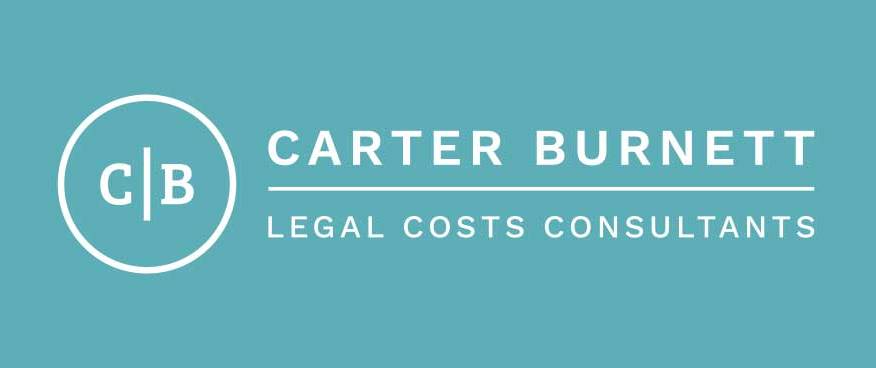Costs "within a reasonable and proportionate range is still reasonable and proportionate even if it is not at the lower end"
Posted on 30th July 2021 at 14:10
By Sean Linley, Costs Draftsman
The High Court considered an argument by the Claimant to apply the oft-cited case of Kazakhstan Kagazy plc v Zhunus [2015] EWHC 404 (Comm) where the Court had stated that "the touchstone is not the amount of costs which it was in a party's best interests to incur but the lowest amount which it could reasonably have been expected to spend in order to have its case conducted and presented proficiently, having regard to all the relevant circumstances."
In Discovery Land Company, LLC & Ors v Axis Specialty Europe SE [2021] EWHC 2146 (Comm) (30 July 2021), Peter MacDonald Eggers QC (sitting as a Deputy Judge of the High Court) challenged this view stating that: "of course, costs must be assessed in the manner that Leggatt, J indicated in this judgment. I have only one reservation. I am not certain why the "touchstone" of reasonable or proportionate costs must be the lowest amount which a party could reasonably have been expected to spend. Certainly in the context of costs management, the Court should allow some flexibility to the parties to ensure that their conduct of the action is not unnecessarily and potentially unfairly hampered by an unrealistically low assessment or by only the lowest assessment of what would constitute reasonable and proportionate expenditure. Expenditure which is within a reasonable and proportionate range is still reasonable and proportionate even if it is not at the lower end."
The Court also dealt with a number of interesting Costs Management issues. The case centred around the approach the Court should take to disclosure costs, the level of incurred disclosure costs and the incurred costs overall.
Often parties will look to have the Court record comment that incurred costs are disproportionate or unreasonable on their opponent's budget. This is something parties will then look to rely on at a later assessment of costs.
On the issue of recording a comment on the incurred disclosure costs the Court stated that:
"The emphasis of costs budgeting rests on the future costs which the parties are to incur. This is for good reason in that it allows the parties to make their decisions in respect of the conduct of the action in light of the costs budget approved by the Court. It is unhelpful for the Court to comment on incurred costs where it is not undertaking a formal assessment of costs, with the benefit of the information and evidence which would be available for that exercise. Therefore, as the parties accept, the Court should comment on the parties' incurred costs with some circumspection (Richard v BBC). However, there will be occasions where, even on the limited information and evidence before it, the Court is not satisfied with the level of a party's incurred costs, or the party's explanation for those costs, even at the costs budgeting stage. This was the position in CIP v Galliford. In that event, CPR rule 3.17(3)(b) allows the Court to express and records its comments on those incurred costs and to allow its views on such incurred costs to influence the budgeting of costs to be incurred. This may allow the Court to employ various measures to deal with the costs budget, including those options identified in CIP v Galliford; there may well be other courses open to the Court in these circumstances."
In the present case the Court found that the case specific explanation provided for the incurred costs in respect of disclosure was credible and reasonable. Concerning the incurred costs generally the Court stated that "As regards the other elements of the Defendant's incurred costs, I have little information and evidence available to me and I am disinclined to rush to any decision which is critical of the Defendant in respect of those incurred costs. Of course, if or when the Defendant's costs are to be considered in the context of assessment, the Court will be free to assess costs in accordance with the usual principles."
The Court was also reluctant to draw comparisions between the parties' budgets. It was noted that there was a significant difference between the Claimant's budget of £520,961 and the Defendant's budget of over £1.2million. Notably the Judge stated that he had in mind "the possibility that the Claimants may well have under-estimated the costs of the action and the fact the value of the claim is such that the Defendant's costs could not be said to be self-evidently disproportionate." In the circumstances the Court was not in a position to judge whether the Defendant's costs were unreasonable based on the information available to them.
There are also some interesting comments around the difficulties of Costs Budget keeping pace with ever-changing directions. The Judge recognised that there were "possible difficulties with costs budgeting at the same time as the case management conference, where decisions taken in case management can influcence the outcome of a proposed costs budget." The obvious solution, said the Judge was "for those preparing the proposed costs budgets to allow for an alteration in the assumptions underlying the proposed costs budget, insofar as that is possible." One possible solution to this could be for parties to make offers which relate to both sets of directions (where there is a disagreement).
The case highlights that there are many nuances and complexities to navigate in Costs Management but also provides a welcome contrast on proportionality issues.
Should you need help about when to file a costs budget, please call 01482 534567 for an informal and no-obligation discussion. We are always happy to provide practical advice.
Tagged as: Costs Budgeting, Proportionality
Share this post:

